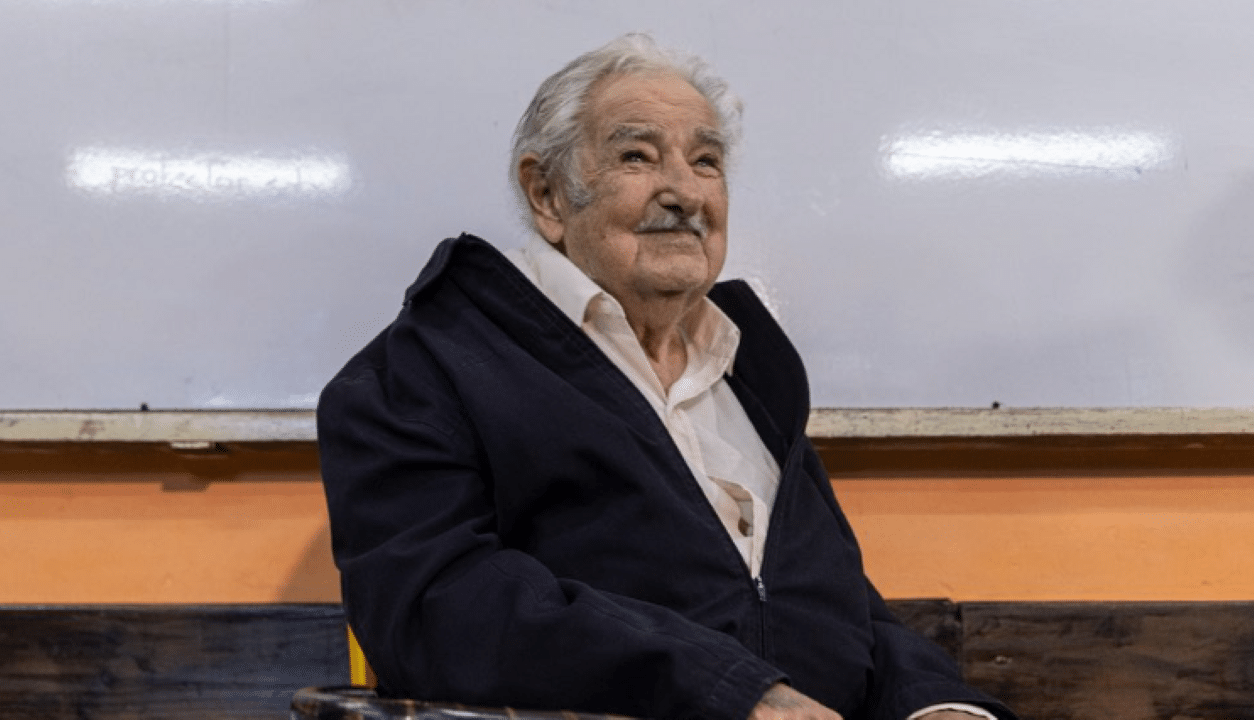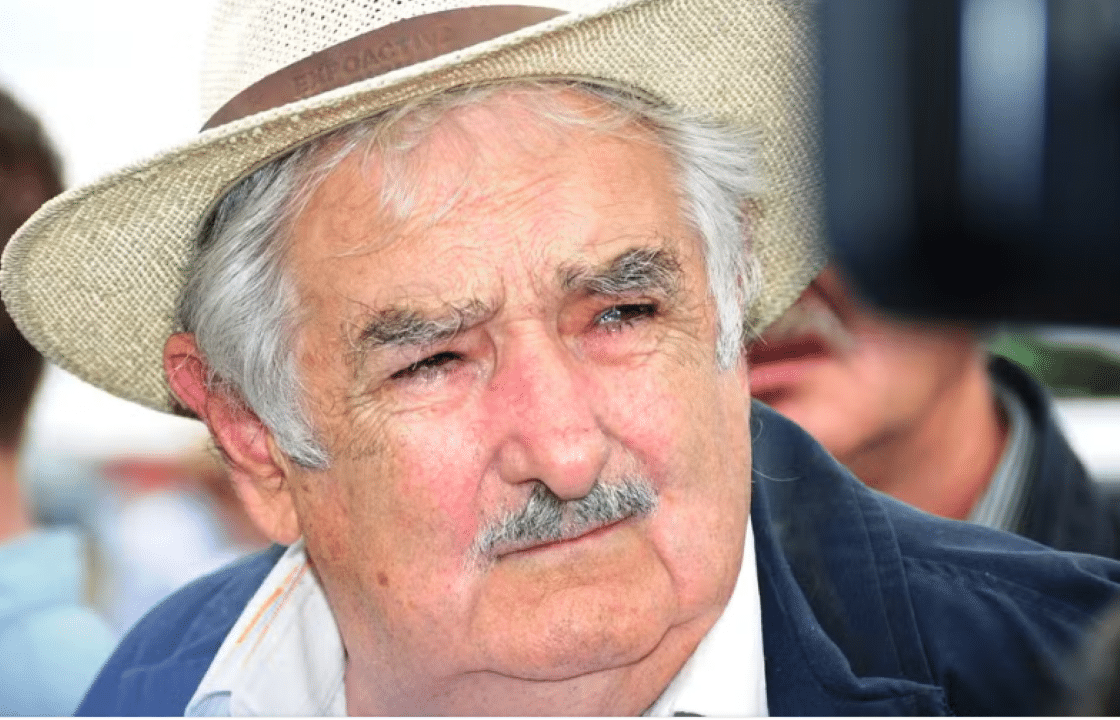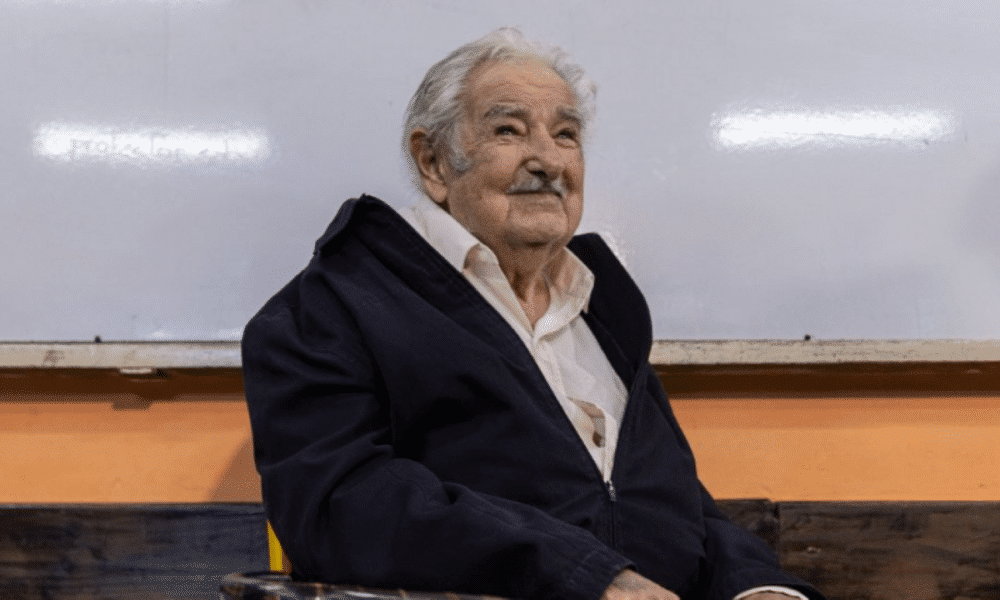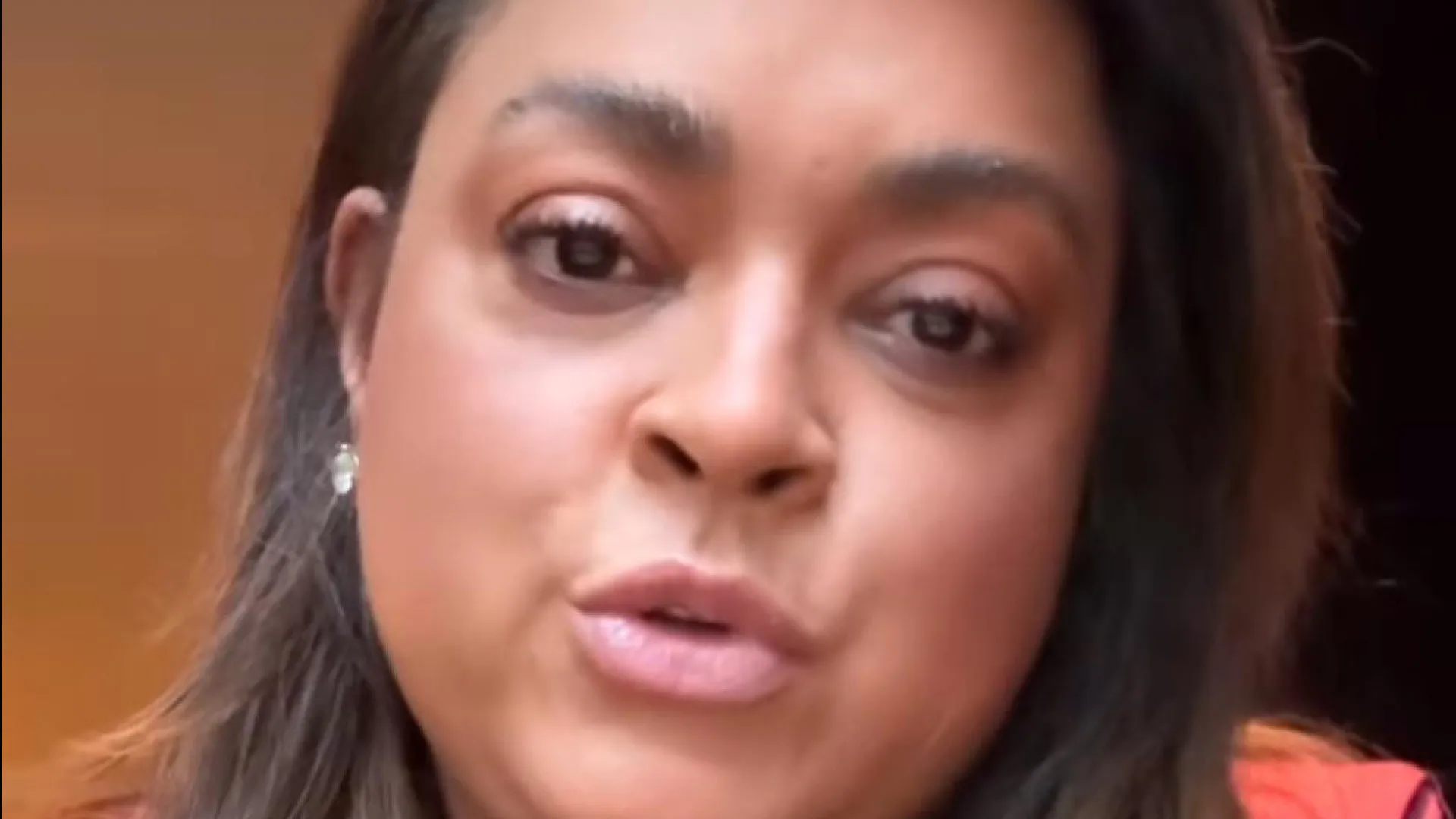
José Mujica, former president of Uruguay, passed away at 89 in Montevideo, marking the end of a journey blending armed struggle, imprisonment, politics, and a life of simplicity. Known as “Pepe,” he governed the country from 2010 to 2015, leaving a legacy that transcended borders. His death, announced on May 13, 2025, followed a long battle with an esophageal tumor diagnosed in April 2024. The news shook Uruguay and Latin America, where he was admired for his authenticity.
Born on May 20, 1935, Mujica lived a life of extremes. From guerrilla years with the Tupamaros to the presidency, he navigated diverse roles with an uncommon stance for a political leader. His health, already weakened by a long-standing immunological condition, faced new challenges in recent months.
- Diagnosis: Esophageal tumor identified in 2024, at an advanced stage.
- Treatment: Limited by an immunological condition affecting treatment options.
- Final months: Returned home in August 2024, with fragile health.
The former president, who tended a garden and drove a 1987 Volkswagen Beetle, became a symbol of a modest lifestyle. His story, however, goes beyond public image, encompassing decades of resistance and political transformation.

Early years and militancy
José Alberto Mujica Cordano grew up in Montevideo in a middle-class family. In the 1960s, he joined the National Liberation Movement – Tupamaros, an urban guerrilla group challenging Uruguay’s political system. The group gained notoriety for robbing banks and distributing food and money to the poor. These actions, carried out before the 1973 military dictatorship, reflected Mujica’s and his comrades’ idealism.
Militancy came at a high cost. Mujica was wounded four times in clashes with police and imprisoned multiple times. His final capture in 1972 marked the start of a long period behind bars. During those years, he endured harsh conditions, including torture and extended solitary confinement, as one of the prisoners labeled “hostages” by the regime.
His time in prison shaped his worldview. After 14 years incarcerated, Mujica was freed in 1985 under an amnesty decree. He emerged resilient, ready to abandon armed struggle and enter institutional politics.
Entry into institutional politics
After Uruguay’s redemocratization, Mujica co-founded the Popular Participation Movement (MPP), a left-wing front integrating former guerrillas and new activists. In 1994, he was elected deputy, beginning a parliamentary career that led to the Senate in 1999. His ability to connect with people, combined with his history of struggle, made him a charismatic figure.
- Positions held: Deputy (1994), senator (1999), agriculture minister (2005).
- Party: MPP, part of the Broad Front coalition.
- Style: Direct discourse and focus on social issues.
- Recognition: Growing popular support in Uruguay.
In 2005, with Tabaré Vázquez’s election, Mujica was appointed agriculture minister. His tenure prioritized small farmers and rural inclusion policies, reflecting his vision of social justice. Those years solidified his image as a people’s politician, paving the way for his presidential candidacy.
Uruguay presidency
Mujica took office as president in 2010 after winning the election with the Broad Front. His government was marked by social advances and innovative policies. Public spending on education, health, and social assistance rose from 60.9% to 75.5% of the total, reflecting a commitment to reducing inequality. The minimum wage increased by 250%, benefiting low-income workers.
One of his most iconic measures was the legalization of marijuana, proposed in 2012 and implemented later. The initiative, regulating cultivation, sale, and consumption, placed Uruguay at the forefront of global drug policy debates. Mujica also advanced gender equality and minority rights, with laws expanding access to same-sex marriage and adoption.
- Marijuana legalization: State regulation to curb trafficking.
- Same-sex marriage: Approved in 2013, a Latin American milestone.
- Minimum wage: 250% increase during his his term.
- Education: Investments in full-time schools and technology.
Despite achievements, Mujica faced criticism. Conservative sectors questioned marijuana legalization, while some allies noted delays in structural reforms. Still, his popularity remained high, driven by his authenticity and modest lifestyle.
Simple life and public image
Alongside his wife, Lucía Topolansky, Mujica captivated the world with his simplicity. During his presidency, the couple lived in a modest house outside Montevideo, rejecting the presidential palace. Mujica drove his 1987 blue Beetle to work and donated about 90% of his salary to social projects. This stance made him a global icon, often called “the world’s poorest president.”
Mujica’s home, with its garden and minimal luxuries, symbolized his philosophy. He grew vegetables and flowers, maintaining a routine that contrasted with the pomp of other leaders. In interviews, he explained that simplicity was a conscious choice, tied to his belief that happiness does not depend on material wealth.
- Donations: About 90% of his salary went to NGOs and social projects.
- 1987 Beetle: Daily vehicle, rejecting official cars.
- Garden: Activity maintained during and after his presidency.
- Residence: Modest house in Rincón del Cerro, Montevideo.
Mujica’s image as a humble leader was amplified by international appearances, such as at the Venice Film Festival, where he championed humanist values. His story inspired documentaries, books, and reports, cementing him as a unique figure in global politics.
Health and final years
Mujica’s health began declining in 2024 when he announced an esophageal tumor diagnosis. The advanced-stage disease severely compromised his stomach. A pre-existing immunological condition, affecting his kidneys for over 20 years, limited treatment options like chemotherapy or surgery. In August 2024, he returned home after hospitalization, but his doctor warned his health remained fragile despite signs of improvement.
In October 2024, Mujica gave a public speech with a farewell tone, reflecting on life, nature, and his journey, moving supporters. In his final months, he spent most of his time at home, tending his garden and accompanied by Lucía Topolansky.
- Diagnosis: Esophageal tumor, announced in April 2024.
- Immunological condition: 20-year illness limited treatments.
- Hospitalization: August 2024, followed by home return.
- Speech: October 2024, with a farewell tone.
Mujica’s death on May 13, 2025, prompted tributes in Uruguay and abroad. Political leaders, activists, and ordinary citizens highlighted his contributions to democracy and social justice.
Political legacy
Mujica’s journey in Uruguay left deep marks. His presidency strengthened the Broad Front as a progressive political force, capable of bold reforms. Marijuana legalization became a model for other nations, while social policies reduced poverty and expanded education access.
After leaving the presidency, Mujica returned to the Senate, serving until 2020 when he stepped down for health reasons during the Covid-19 pandemic. Even out of active politics, he remained influential, engaging in debates and public events. His worldview, blending socialism, humanism, and admiration for nature, resonated with youth and left-wing movements.
- Broad Front: Strengthened as a left-wing coalition.
- Social policies: Poverty reduction and increased public spending.
- Global influence: Model for progressive leaders.
- Humanist discourse: Focus on simplicity and sustainability.
The MPP, Mujica’s party, remains active, retaining support among workers and youth. His death is likely to reignite discussions about his legacy and the future of Uruguay’s left.
Tributes and reactions
Mujica’s death sparked a wave of tributes. In Uruguay, the government declared official mourning, and public ceremonies were held in Montevideo. On social media, condolence messages came from leaders like Argentina’s president, Alberto Fernández, and Bolivia’s former president, Evo Morales, who praised Mujica’s consistency between words and actions.
Uruguayans gathered in squares and outside Mujica’s home, leaving flowers and messages. In Rincón del Cerro, where he lived, neighbors recalled his community ties. Cultural events, such as screenings of documentaries about his life, were announced for the following days.
Philosophy and beliefs
Mujica identified as an atheist but expressed a near-pantheistic view, deeply admiring nature. In interviews, he said his spirituality was tied to the earth, plants, and rural simplicity. This philosophy guided his choices, from donating his salary to rejecting luxuries.
His political vision blended socialism with pragmatism. He advocated wealth redistribution but valued dialogue with opponents. In speeches, Mujica criticized consumerism and waste, proposing a more humane, sustainable development model. These ideas, shared at international forums like the UN, expanded his influence.
Continuation of his work
Mujica’s death does not end his influence. Social projects he supported, like anti-poverty initiatives, remain active. The MPP and Broad Front plan events to honor his memory, while schools and universities discuss including his story in curricula. Abroad, progressive movements cite Mujica as inspiration for new generations of leaders.
Mujica’s home in Rincón del Cerro is set to become a visitation site, preserving his garden and personal items. International organizations, like CEPAL, plan seminars on his social policies. His life, marked by struggle, simplicity, and coherence, remains a reference in Uruguay and beyond.



